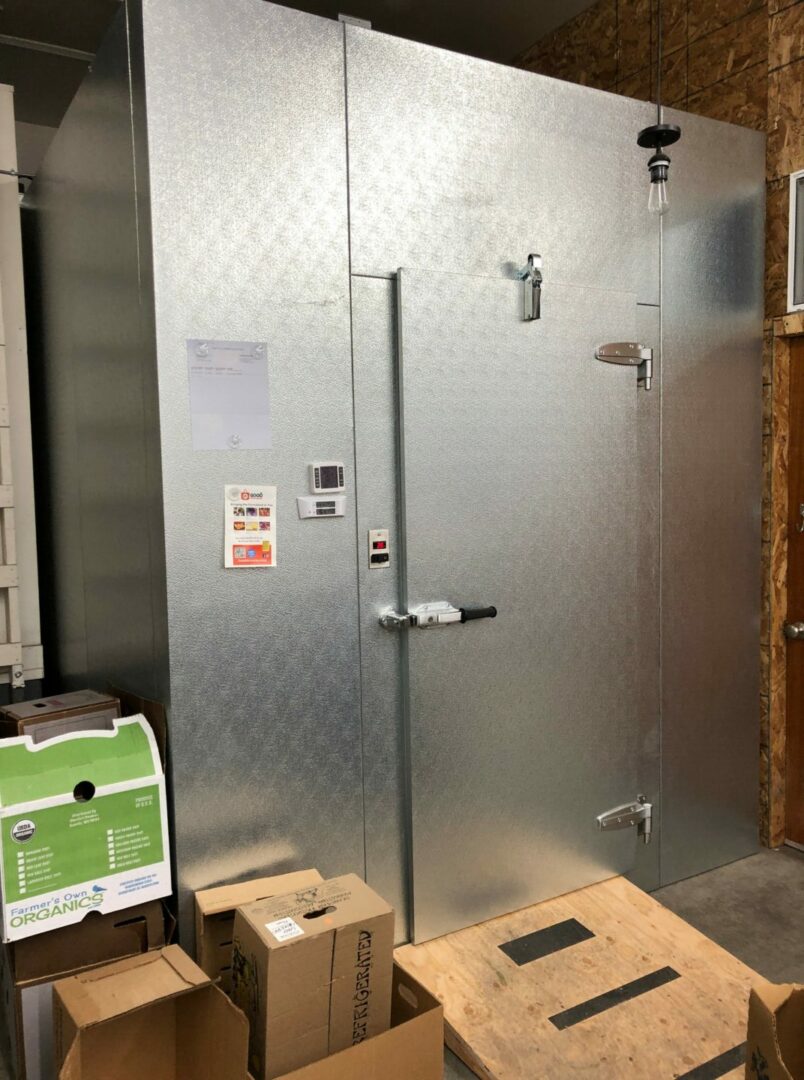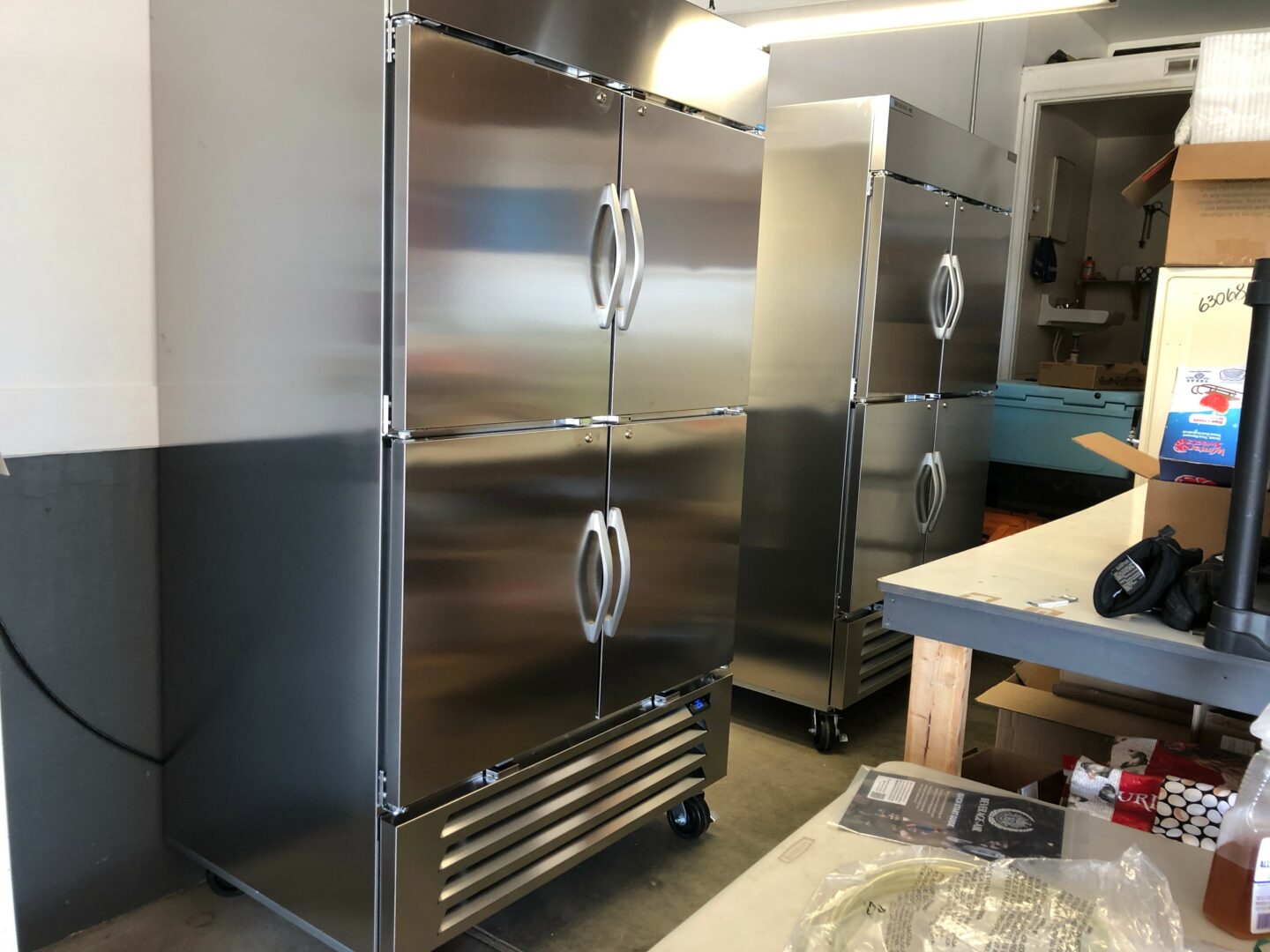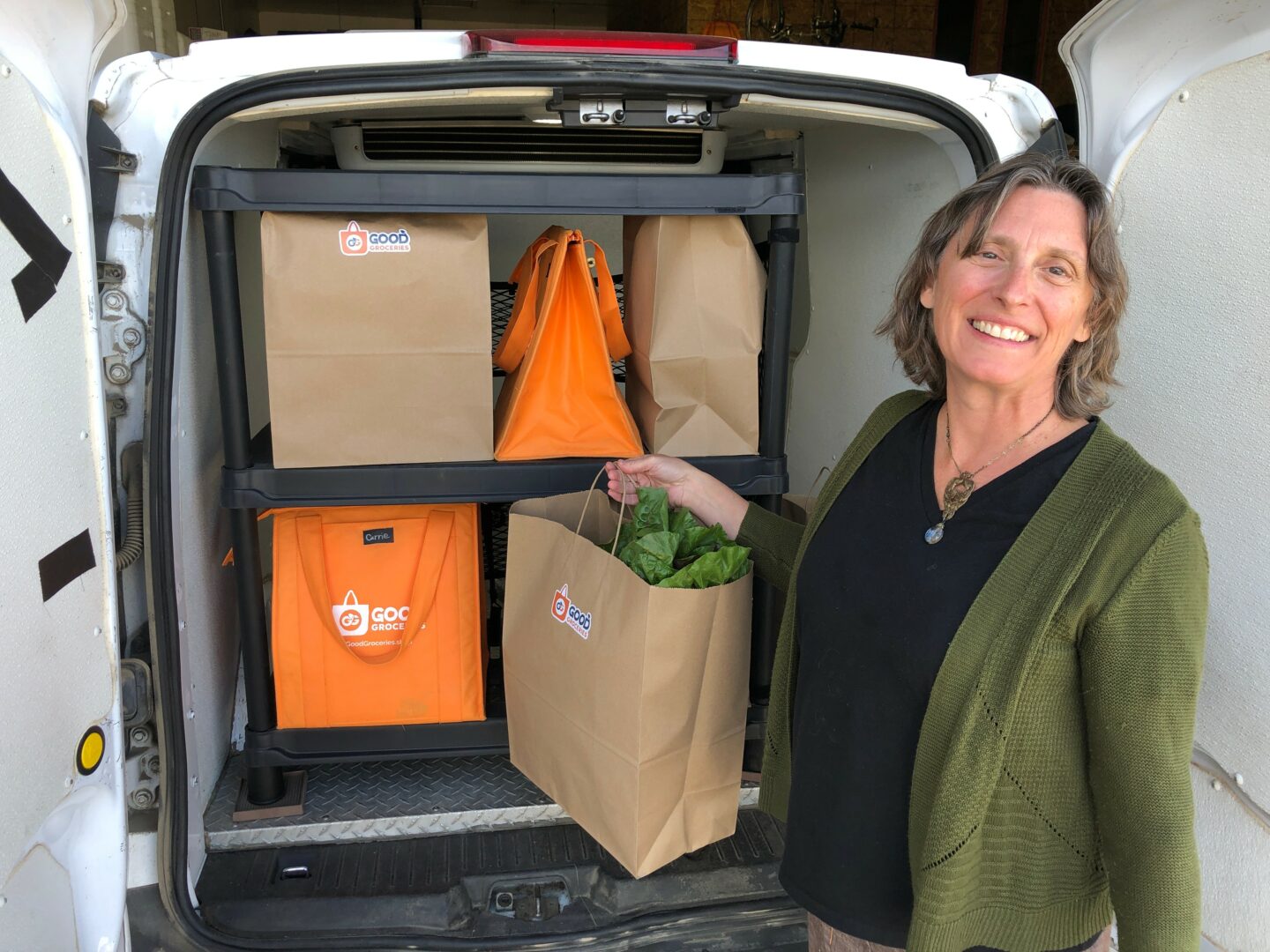We caught up with the brilliant and insightful Kristy Athens a few weeks ago and have shared our conversation below.
Hi Kristy, really happy you were able to join us today and we’re looking forward to sharing your story and insights with our readers. Let’s start with the heart of it all – purpose. How did you find your purpose?
I started my career as a “generalist.” I was a writer-for-hire, and so I was constantly learning about new industries and ideas. After a few years I started wanting to specialize. At the same time, my spouse and I moved from city life to a rural area in the Pacific Northwest. I learned a lot of hard lessons, and wrote a guide book for other people like me called “Get Your Pitchfork On: The Real Dirt on Country Living.” In doing so, I started learning about agriculture, and its nuances such as scale, methods, markets, and philosophies. I learned of a new master’s program at Marylhurst University called “Food Systems and Society,” and joined the first cohort. This is a social science degree, so I learned about the “externalities” involved in industrial-scale agriculture (even organic), including land-grabs, environmental degradation, and human rights abuses. By then I had relocated to an even more remote rural area, Northeast Oregon. I launched a local food delivery service in 2020 that works exclusively with small farms, ranches, fisheries, and micromanufacturers to support my local economy and strengthen community resiliency.

Let’s take a small detour – maybe you can share a bit about yourself before we dive back into some of the other questions we had for you?
Running a food hub in a remote, rural area is extremely rewarding — I know my farmers and most of my customers. We see each other at community events, and we support each other across religions, political views, and other potential social barriers. Consolidation within global, industrial agriculture has one goal: Profit for a few at the expense of everyone else. Supporting small farms enhances the local economy, environment, and society. And the food my region’s farmers produce is way, way better!
Looking back, what do you think were the three qualities, skills, or areas of knowledge that were most impactful in your journey? What advice do you have for folks who are early in their journey in terms of how they can best develop or improve on these?
Persistence, willingness to learn, desire to improve on status quo. Plus understanding the food system, of course. People who make a positive difference in their community are not afraid to work hard and sacrifice.

Alright so to wrap up, who deserves credit for helping you overcome challenges or build some of the essential skills you’ve needed?
In addition to working hard and so on, I had the good fortune to launch this business at a time when local economic resiliency generally, and small-scale agriculture specifically, were being addressed in wider circles. The Oregon Community Food Systems Network is one of a number of state and national organizations dedicated to honing our food system to center social justice, environmental sustainability, and economic viability. I have benefited immensely from OCFSN’s technical assistance, colleague/peer forums, and financial support, from helping me get to conferences that are hundreds of miles away to ushering legislative funds to support an infrastructure upgrade that I would never have been able to afford otherwise. I could name names but it’s a long, long list.
Contact Info:
- Website: https://goodgroceries.shop/
- Instagram: @goodgroceries.shop
- Facebook: @goodgroceries.shop
- Linkedin: @kristyathens
- Other: Info website https://www.goodgroceriesnw.com/
so if you or someone you know deserves recognition please let us know here.




